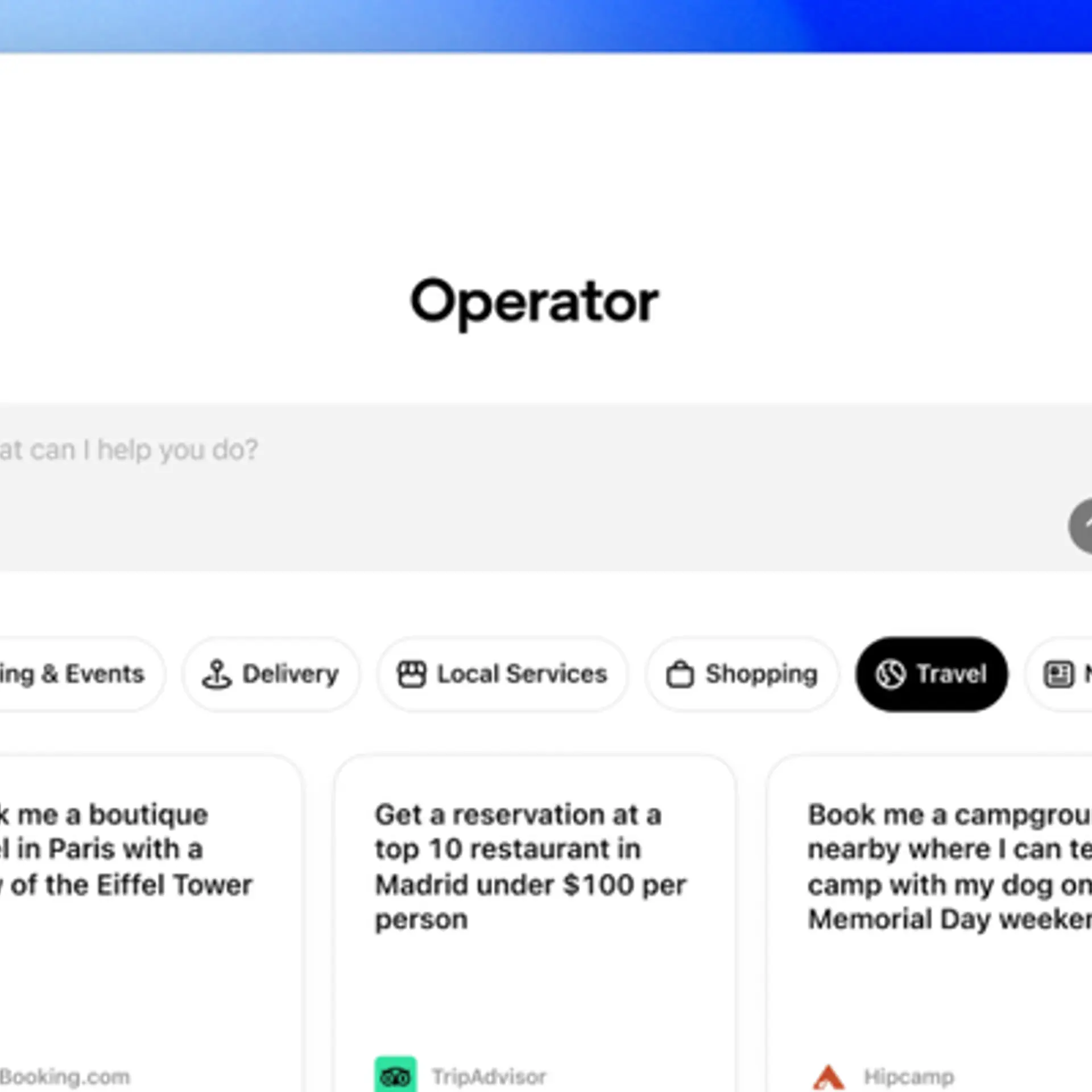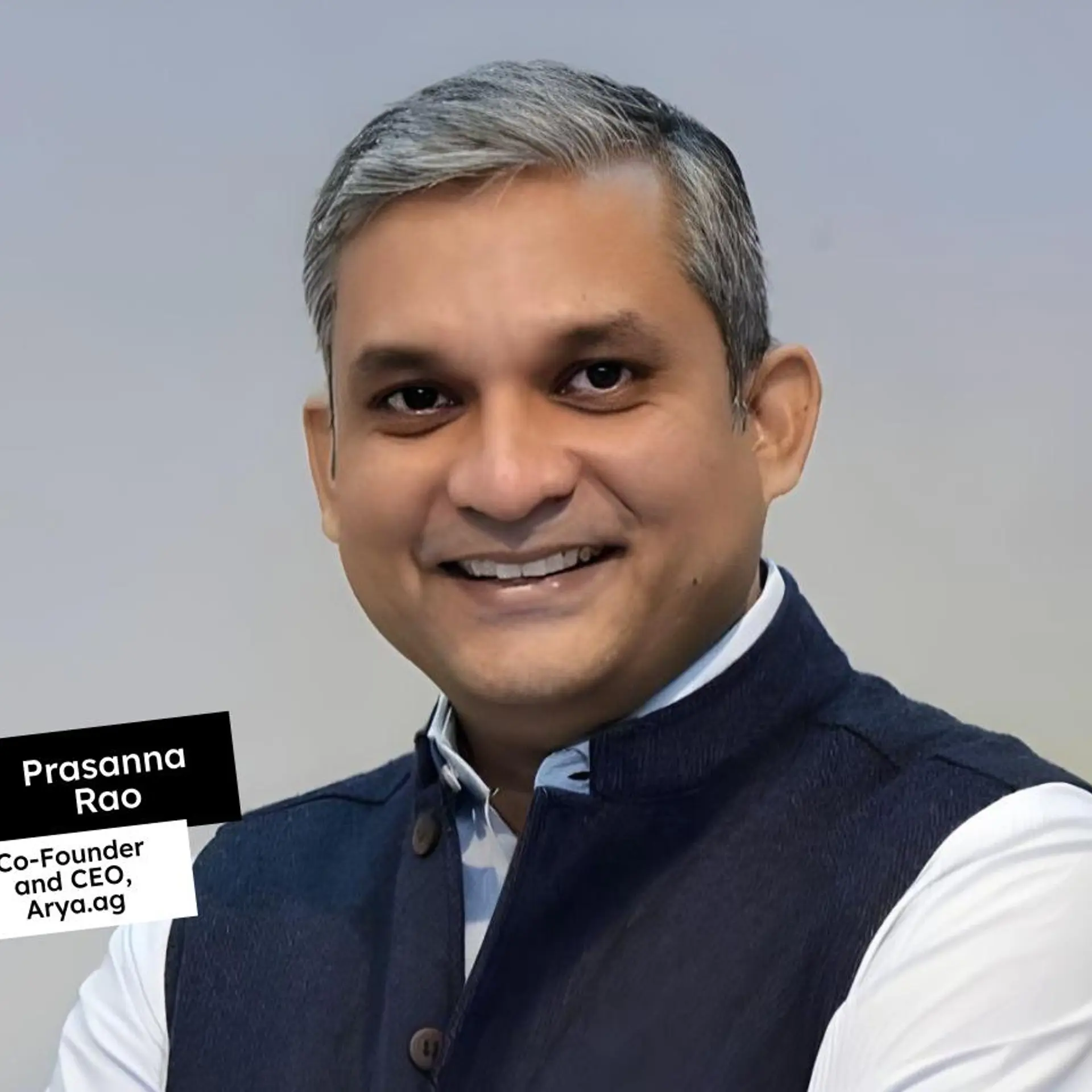Meet 4 women using their entrepreneurial skills for social good
These social enterprises are providing education opportunities for women, access to safe drinking water, and encouraging eco-friendly lifestyles.
It is not easy to become an entrepreneur, and it is probably even more difficult to build a business or a non-profit organisation that focuses on the greater good.
But, by uplifting those who are less privileged, these ventures help societies reap benefits over generations.
Here are four women who took the entrepreneurial plunge for the greater good.
Monisha Narke
Monisha Narke’s priorities in life changed when she became a mother, and the effects of environmental degradation became an immediate concern. In 2009, she launched , which stands for ‘Are you Reducing, Reusing, Recycling?’
Based in Mumbai, the social enterprise aims to make citizens eco-conscious through a range of products and services.
Its longest-running programme is Go Green, a B2B (business-to-business) partnership with Tetra Pak, which was recognised in 2013 by Limca Book of Records as a unique recycling initiative.
RUR Green Life gathers Tetra Pak waste from 54 collection centres across Mumbai, recycling them into products such as coasters, pen stands, and photo frames, available for sale on its website, starting at Rs 150.
The enterprise also sells patented composters designed by Monisha. In its B2B initiatives, it formulates environmental education for schools and colleges and conducts workshops for corporate employees to sensitise them on sustainable living units and sustainable development goals, among others.
Chinnmaye Praveen
Cognizant of the ill effects of unsafe drinking water, homemaker-turned-social entrepreneur Chinnmaye Praveen took the plunge to start in 2010.
Based in Bengaluru, the startup installs “water ATMs” across Karnataka to help underprivileged people get access to safe drinking water at affordable rates.
Priced at just Rs 5 for 25 litres of water, it has installed more than 900 drinking water dispensers across Karnataka. During the pandemic-induced lockdowns, all the water ATMs were kept running 24x7, and every Wednesday, water was dispensed for free.
Through this venture, Chinnmaye also ensures employment for women, uneducated youth, and physically challenged individuals.
Sonya Barlow
In 2018, award-winning diversity champion and author Sonya Barlow started Network (LMF) as a small initiative encouraging women from diverse backgrounds to talk about careers over brunch meetings, a project that turned out to be an epic failure.
When the COVID-19 pandemic broke out in 2020, she was left without an income and decided to give LMF another try.
Building a community of women, the Like-Minded Females Network helps educate and elevate underrepresented individuals in the workplace by offering mentoring schemes, community forums, and corporate advisory.
A comprehensive three-month mentoring programme helps participants with career goal setting, personal branding to CV and interview skills, public speaking, and entrepreneurship, among others.
The not-for-profit social enterprise has since facilitated over 200 workshops, worked with over 100 partner organisations, and Sonya single-handedly grew the LMF Network to a global social community of over 50,000 women.
Rukmani Devi Katara
Like many women in rural Rajasthan, Rukmani Devi Katara was married off early at the age of 13 and could not continue her studies beyond Class 8.
However, a leadership opportunity to run solar manufacturing enterprise has brought a renewable energy revolution and emancipation of tribal women in Mandava village, Dungarpur district, Rajasthan.
In 2016, IIT Bombay launched the Dungarpur Initiative that trained women as Solar Sahelis in conjunction with Rajeevika and the District Administration.
Consequently, an MoU with IIT Bombay made manufacturing solar panels and lamps possible through Dungarpur Renewable Energy Technologies Private Limited (Durga Energy).
Rukmani’s first experience in entrepreneurship was setting up an SHG, where the members got funds from the Rajasthan State Rural Livelihood Mission to set up their small ventures.
Starting as an employee and learning to install the solar panels, Rukmani eventually became a supervisor and then CEO of Durga Energy. She now aims to expand the team of women from 55 to over a thousand.
Edited by Affirunisa Kankudti










